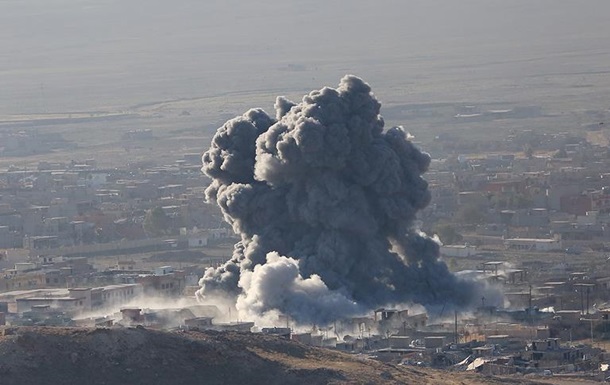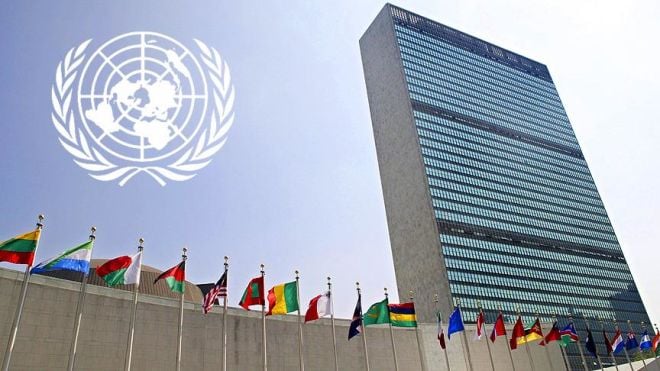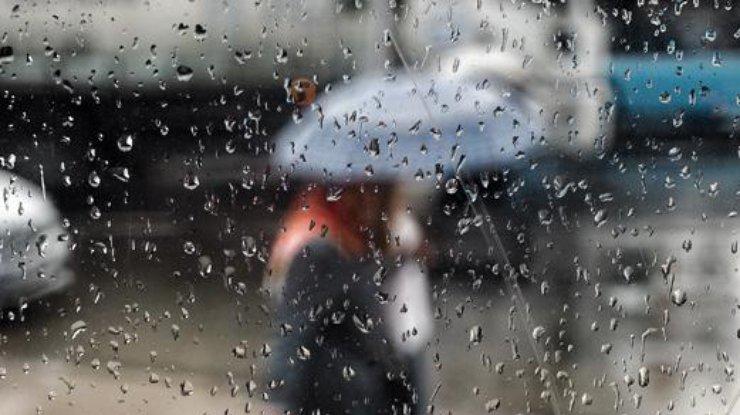Olives contain many beneficial substances for the human body, but excessive consumption can seriously harm health.
Axar.az reports that Medicina.az reports that Dr. Mikhail Ginzburg, a doctor of medical sciences and dietitian, stated this in an interview with Sputnik.
"Olive oil, highly valued in Mediterranean and French cuisine, has several medicinal properties. If we consume this oil, which is rich in Omega-9 unsaturated fatty acids, in moderation, we can reduce the risk of inflammation and the occurrence of vascular diseases," the dietitian said. According to him, the primary benefit of this fruit is also due to its high content of antioxidants and various micro and macro elements.
"However, olives are usually consumed salted or pickled, which turns them into a product with a very high salt content. Excessive consumption of such food negatively affects the walls of blood vessels and leads to the development of hypertension.
Studies show that excessive salt is almost as dangerous as added sugar and can lead to early death," the expert noted.
Ginzburg added that the optimal amount is 2-3 olives per day:
"At the same time, if you have signs of obesity or suffer from hypertension, it is better not to include olives in your diet at all."
It is worth noting that earlier, healthy nutrition specialist Tatyana Meshcheryakova stated that excessive salt consumption leads to hypertension. She also noted that it causes edema, weight gain, disrupts kidney function, and impairs metabolism.






















































